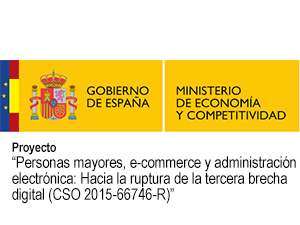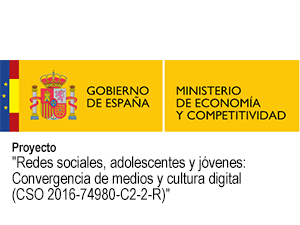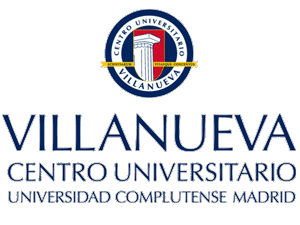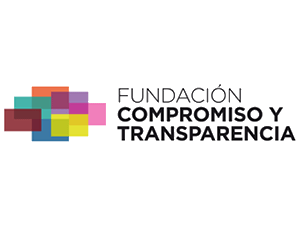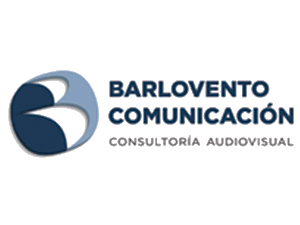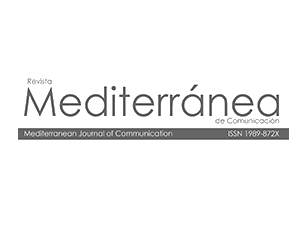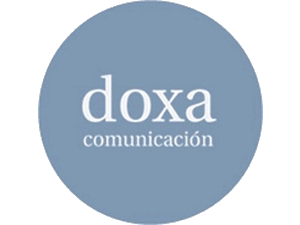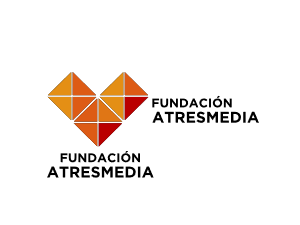Resumen
Las ciudades inteligentes necesitan de la implicación de los ciudadanos a través de las tecnologías de la información y de la comunicación para sensorizar todos los contenidos que facilitan y mejoran la vida cotidiana. En la actualidad, se están implantando infraestructuras y contenidos dirigidos a un amplio marco de acción de muy variada influencia donde accesibilidad, movilidad, recursos sostenibles, plataformas de VOD y salud son los ítems más repetidos. Sin embargo, existen todavía grupos de ciudadanos que debido a su falta de habilidades mediáticas, edad, una tardía incorporación a los contenidos digitales o simplemente desconocimiento de las posibilidades existentes, tiene dificultades para participar no solo de las ventajas de la era digital sino del nuevo ecosistema creado con la aparición de las Smart Cities. Paradójicamente, son, precisamente los ciudadanos de este grupo los que por edad, deberían estar mucho más involucrados en estos procesos, ya que no solo forman parte del tejido laboral y económico de la sociedad sino que además utilizan un rango mucho más variado de contenidos por la diversidad de intereses.
La recogida de la información se ha hecho en dos fases a partir de métodos cualitativos, análisis de contenido y cuantitativos, con dos cuestionarios diferentes y a una muestra de la población objeto de estudio. Después del análisis de los resultados obtenidos, se han podido concretar unos indicadores relativos a sus competencias, habilidades e interés de la muestra tanto en los contenidos que pudieran estar a su alcance, como en la utilidad, dificultades e interés de las apps y, en consecuencia, de su grado de participación como ciudadanos digitales. Finalmente, a partir de los resultados obtenidos se han propuesto una serie de estrategias que puedan ayudar a potenciar positivamente su rol como parte de los nuevos desarrollos tecnológicos, culturales, de servicios y bienestar social en el contexto de las nuevas ciudades.
Palabras Clave / accesibilidad / apps / contenidos digitales / interactividad / sensores / Smart City
Abstract
Smart cities need to involve their own citizens through information and communication technologies to detect all the content that facilitates and enhances daily life. At the moment, the infrastructures and contents are being implemented, aimed at a broad framework of action with wide range of influence where accessibility, mobility, sustainable resources, VOD platforms and health are the most repeated items. However, there are still groups of citizens that due to their lack of skills, age, a late incorporation to digital content or simply ignorance in real possibilities, have many difficulties on participate not only in the advantages of the digital age but also in the new ecosystem created with the display of Smart Cities. Paradoxically, it is precisely the citizens of this group who are aging, the most involved in these processes, who are not only part of the labor and economic fabric of society but also use a much more varied range of content because of the diversity of interests. The information was collected in two phases from qualitative methods, content and quantitative analysis, with two different questions and a sample of the population under study. After the analysis of the obtained results, it has been possible to define as an indicator of the capacities, the skills and the interest of the sample in the contents that can be used, and in the utility, the difficulties and the interest of the applications and, in consequence, of their degree of participation as digital citizens. Finally, based on the results obtained, a series of strategies have been proposed that help to positively enhance their role as part of the new technological, cultural, service and social welfare developments in the context of the new cities.
Keywords / accessibility / apps / digital content / interactivity / sensors / Smart City
FIRMANTES
| Nombre | Adscripción | Procedencia |
|---|---|---|
| María Sánchez Martínez | Universidad CEU San Pablo | Madrid |
| Teresa Barceló Ugarte | Universidad CEU San Pablo | Madrid |
| Gonzalo Fuentes Cortina | Universidad CEU San Pablo | Madrid |






